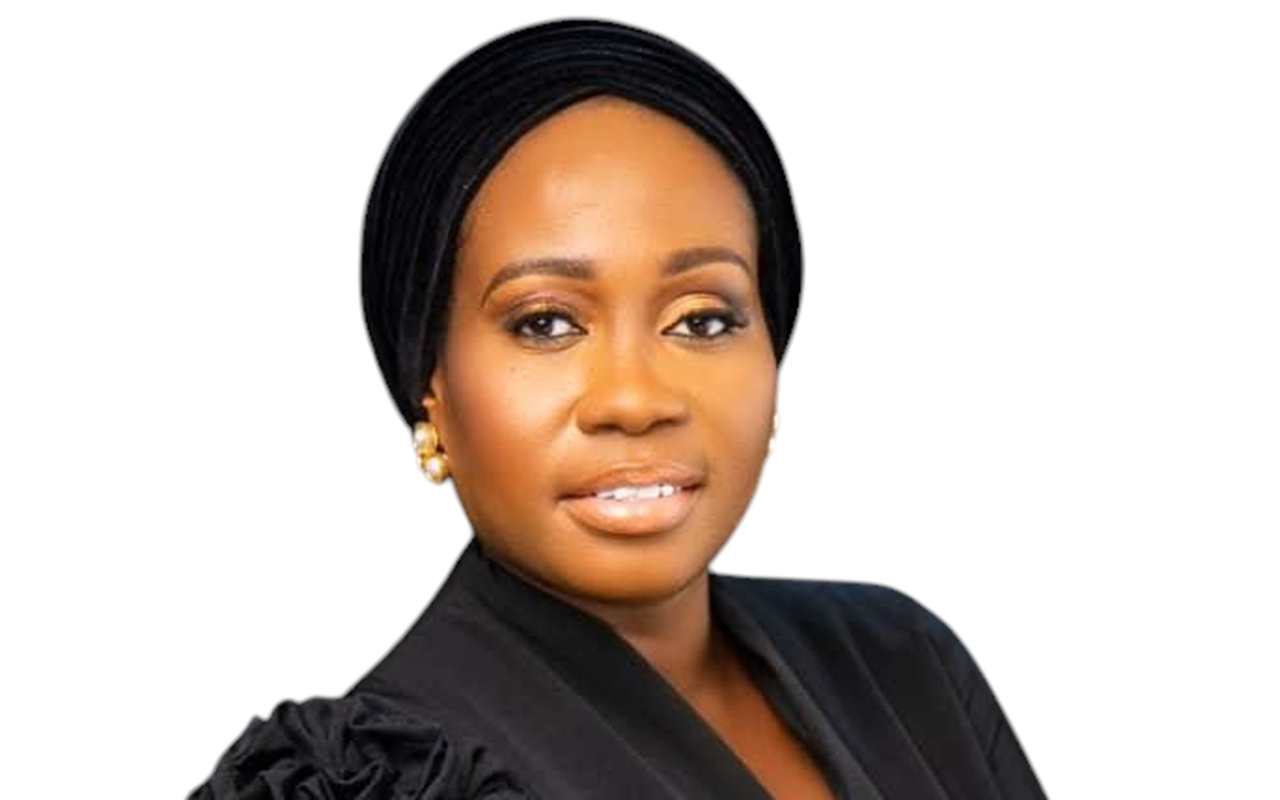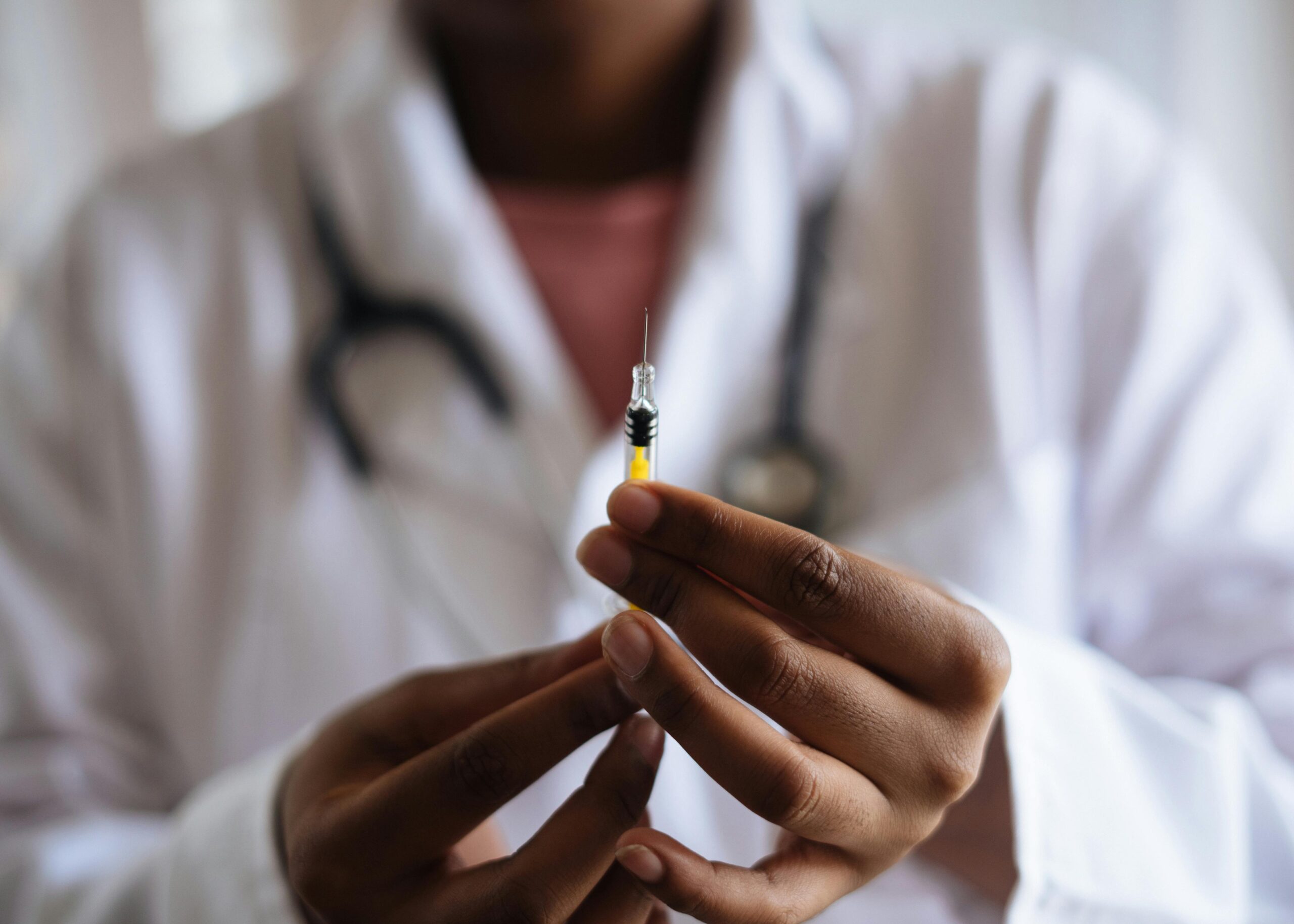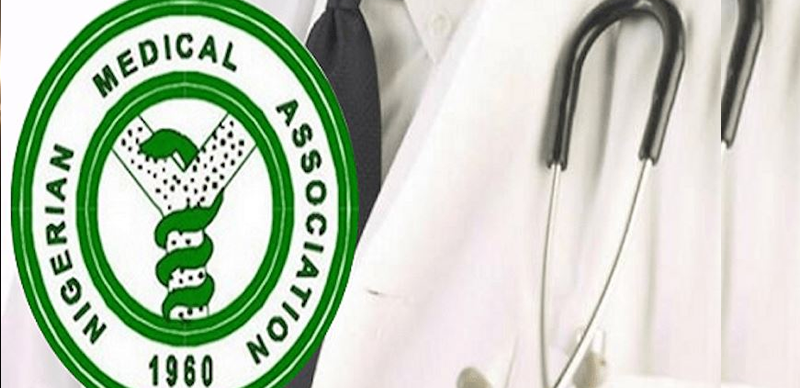
• Lagos establishes intervention centres to reduce malformations in infants
• Forum calls for passage of national bill, provide free education to Albinos
Several studies have shown that over a billion people experience some form of disability worldwide, with the need to reduce the condition by ensuring early identification and treatment as well as provision of assistive devices and environmental modification.According to the World Health organization (WHO) and the World Bank, 200 million children globally experiencing some form of disabilities due to poor health conditions and services available to them, hence the need for early detection and diagnosis of disabilities in infants to reduce the rate of disabilities.
Further reports suggest that approximately 150,000 babies are born each year with birth defects as 14 percent of babies are born with Down syndrome (1/691 babies), two percent of children have been identified with an autism spectrum disorder (1/50 children), seven percent of children ages three to 17 have been identified with Attention deficit hyperactivity disorder (ADHD), eight percent of children ages three to 17 have been identified with a learning disability, 14 percent of children ages 13 to 17 have been identified with a developmental disability, 17 percent experience a communication disorder at some point in their life (1/6 ), 31 percent of children have been identified with Cerebral Palsy (1/323 children) among other disabilities.
To address these conditions, the WHO and its member states initiated the International day of Persons with Disabilities (IDPD), to reflect the WHO global disability action plan 2014-2021, the World report on disability and the Convention on the Rights of Persons with Disabilities, which is a global framework that aims to strengthen the resilience of people with disability by providing full access to justice, health care services, infrastructure and accessible communities.
However, the world report published in 2011, estimates that about 25 million Nigerians had at least one disability, while 3.6 million of these had very significant difficulties in functioning, with the most common types of disabilities in Nigeria which are, visual impairment, hearing impairment, physical impairment, intellectual impairment, orthopedic impairment, down syndrome and autism among others
Also in a bid to reduce disabilities in Nigeria, which can be prevented and treated, the Lagos State Government has channeled its energy towards improving the lives through the early detection and diagnosis of disability in infants.The state government organized a stakeholders’ summit with various professionals on the proposed early detection, diagnosis and treatment project and its plans to establish disability health centres to prevent the condition at an early stage.
In a chat with The Guardian on the state of the project and its materialization, the Special Assistant to the Lagos State Governor, Akinwunmi Ambode on Social Development, Joyce Onafowokan, said the governor is passionate about the well being of persons with disabilities and wants to curb the health condition from its foundation, which is at birth, as these disabilities can be prevented if detected, diagnosed and treated on time.“Early intervention is based on early diagnosis and treatment and it is also on the premise of a stitch in time saves nine, what we want to do now is to be able to identify on time so that we can treat on time.
There are some issues you identify in the uterus, like the Down syndrome, when they are in the womb you would know that the child has the extra chromosomes, so there are chromosomal issues that people find in the uterus,” she said.According to her, some disabilities occur at birth, which requires medical attention to detect and treat on time. “Science has told us 85 percent of our brain is developed at age three, so you have that limited window of opportunities with which to do things and catch them early.
“I found out that most of the parents don’t take their children to hospital regularly, they would rather treat at home, but we have hospitals, doctors, they might not be catching them early, but they still treat, but what we want to do is to catch them early so that their case is not as bad as it is where it becomes just managing and not being able to intervene and have constructive results,” she added.She said her office (Social Development), has been contacted by the state government on the implementation of the early intervention health centre, which would cater for residents of the state, as the government aims to reduce disabilities in the state.
Meanwhile, stakeholders have called on National Assembly to consider the harmonisation of National Disability Bill saying it has continued to increase the plight of physically challenged people in the country.They spoke at National Dialogue on Disability Rights and Inclusive Development in Nigeria,said persons with disability are maltreated as second class citizens,excluded from development process.
Executive Director of Cedar Seed Foundation, Lois Auta disclosed, over 25 million Nigerians are people with disability and it accounts for about 15% of total population, and they are the poorest in the society.”As a group, we have fundamental rights as citizens, we have potentials, abilities and capabilities like any other human beings, we are gifted and have talents to be tapped for national development,” She added.
Another speaker,Director of Centre of Democracy and Development, Idayat Hassan, wondered why it takes National Assembly seventeen (17) years to pass Disability Bill into law,”We would press for its passage.”We are supporting the group to actualise its dreams because they are part and parcel of Nigerian people. Physically challenged people are excluded in all aspects of life generally,” she explained.
Contributing to the issue of disabled persons, wife of Kogi state governor and Founder of Hayat Foundation, Amina Yahaya Bello, decried the plights of this group of citizens, they are denied education, health care services among others. According to her, Nigerian people should not see them as liabilities rather, “We should try as much as possible to give enabling environment to live independent life like any other creatures of God.”
In his part, Jake Epelle of Abinos Foundation, emphasised that stakeholders should develop a policy on disability, which to him, this would give way to passage of Bill at the National Assembly.He advocated free and compulsory education for people living with disability, adding that, when his put in place, all other things would fall in place because they are part of
society.
Member of House of Representative, Tony Nwanulu, assured the group that lawmakers would do everything possible to see that Disability Right Bill is passed to build a society that is all inclusive.Onafowokan added: “Recently there was an approval to build early intervention center, its going to be world standards where parents would come with their babies for diagnosis which will be done at the centre, they will also be treated there and hopefully the case would not be as bad as without treatment.
“This centre would be build by this office and it would be so tight that the foundation, those after us will have no choice than to continue the legacy, we are not going to build a crappy centre but a world class centre. All the equipment to be used there must be guaranteed and warranted by the suppliers, I will go into a ten year contract with them for maintenance, I would go into training with them.
“We are going to block all the loops holes so that the project would be self sustaining.“Global issues of disabilities have global perspective and interest. What we don is of interest in our society; there are opportunities out there beyond our shores. What is the state government doing to link up the centres of the project to do support footing outside.Nigeria does not have any credibility with any NGO, when we start building they will come looking for us.
The credibility and passion in us will make them coming looking for us when you do something credible and show to the world it will attract them to partner with us.“Our credibility will draw foreign and local investors, partners. Our job is to ensure that our credibility is not at stake.”Onafowokan said the government has entered into a public private partnership with industries to build these centers adding that the cost of service would be made affordable to enable indigent citizens access quality care.
“We had the intention to build five early intervention centres, but we committed to two, these five would make people not to travel far for these healthcare services, so that there would be one in the five divisions in the state, such as the Ikorodu, Badagry, Ikeja, Lagos Island, and Epe (IBILE). That is the ideal thing, but with what we have on ground we have to start with the little we can implement quickly to enable these people access care. We want to do is to make the cost of care affordable.”
She, however, added that the state would recruit young healthcare professionals and equip them with the right skills to cater for the patients as the state is interested in giving the youths opportunities to be employed as well as develop their passion in healthcare delivery.
“We are looking for younger ones who are passionate for the job not the old hands, because it’s not everyone that has the right skill to do the job. We will invest a lot of money in training; we are going to get doctors who would buy into it, speech pathologists, pediatric nurses, occupational therapists, physiotherapists, nutritionist, developmental specialist, and para-professionals. We will train them, which is the foundation and the specialist will be there to oversee what they are doing and coordinate them on what to do, that is the way I was trained,” she added.
[ad unit=2]





